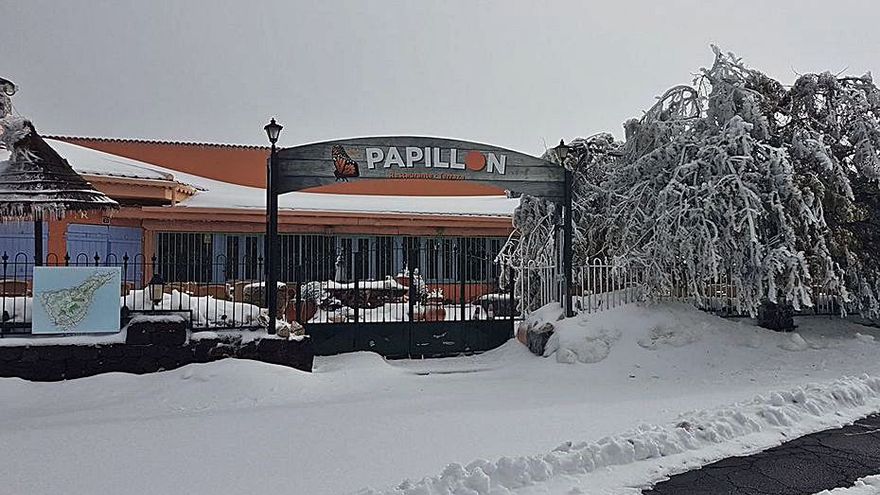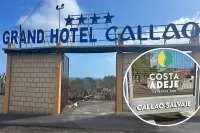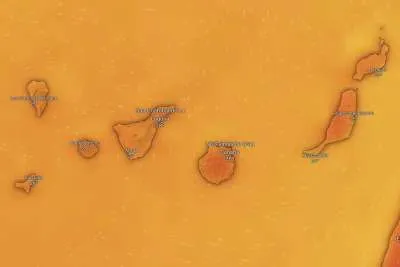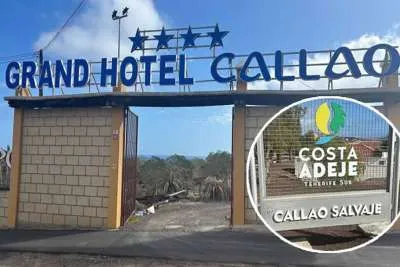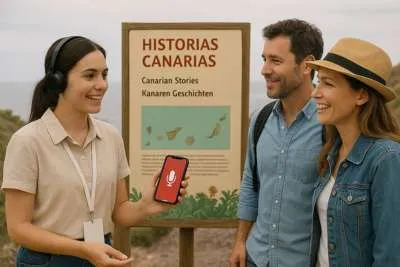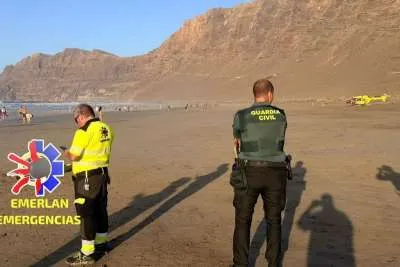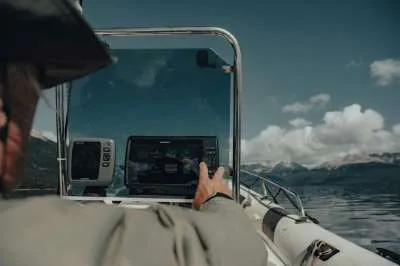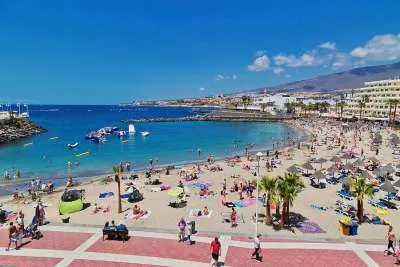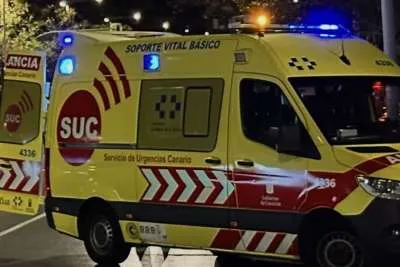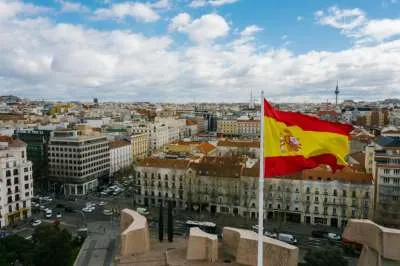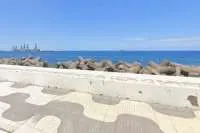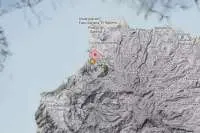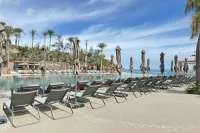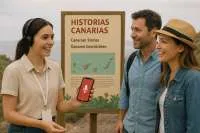Teide restaurants send out an SOS for help
- 11-02-2021
- Tenerife
- Canarian Weekly
The El Portillo restaurant will have been closed for a year soon and the only two that are still open are suffering from the absence of tourists, which made the business viable in an area where water has to be brought in tanker trucks and electricity comes from generators. They are being kept open with minimum takings that help them maintain jobs and pay fixed expenses.
Keeping a cafe, a bar or a restaurant open in these times is challenging for everyone. It’s a continuous obstacle course, with the rate of the coronavirus pandemic and its changing restrictions, which borders on the impossible if that business is located in the heart of the Teide National Park: an area far from all the population centres of Tenerife, subjected to a climate extreme, without electricity or tap water, and especially punished by the absence of tourists, who have always been the economic engine of the few companies on the island that dare to work at more than 2,000 metres of altitude.
The Covid restrictions, which meant closing the interiors of these mountain restaurants in the middle of December; the tourist hiatus, and the last closures of the accesses to the summit due to snow and ice, have left the Bamby and Papillón restaurants in an extreme situation. Just keeping up with water and fuel costs puts the bills up high.
The El Portillo cafeteria, and the two aforementioned restaurants, directly employ almost 60 people of which around 40 are now in ERTE, which has been extended until the end May. This lifesaver allows you to save time, but with the current billing, simply paying the Social Security of your workforce is a brutal effort, and every cost that can be cut, counts.
Rosi, the owner of the El Portillo restaurant, has been closed since March 14th last year, and Bamby has remained open "with great difficulty". The business "does not go ahead and things are still very bad," she explains. What affects us the most is the absence of tourists: “Residents still come up for one day for the novelty of the snow, but they are not in the habit of stopping to eat here. During the week you hardly see anyone, except maybe some bikers, and we thank them for that”.
Her two restaurants employed about 30 people, now she only keeps four active. "It’s all I can do. This is not even enough to cover expenses”, acknowledges Rosi, who is experiencing the worst moment since she took responsibility for both family businesses 14 years ago.
After the state of alarm, eventually the island went to a red traffic light, which closed the interior of all bars and restaurants in December. Her business has huge terraces, but the weather doesn't help, and even less so in themiddle of winter in December and January, so that interior closure "was like killing us."
"It can be said that these restaurants rely 100% on tourists," she said, and regrets that the timid recovery of the sector has not been noticed in the Teide National Park. She is missing more help and doesn’t know how long she will be able to hold her business in the current situation: “I don't know how long we are going to last, we still have to close from one moment to the next. The situation is very, very complicated”.
Despite everything, she’s not throwing in the towel: “We open from nine in the morning, every day. But there are very few people around here. Your soul falls to your feet. We open and if we make 50 euros it is 50 euros that we didn’t have before. We have to continue paying salaries, social security, suppliers, etc”.
To survive, they need the local clientele to help them. Theirs is a distress signal, an SOS to activate solidarity consumption. Going up one day to lunch at a restaurant in Las Cañadas can save almost 60 jobs. Prices have dropped and, in the case of the Bamby restaurant, they offer a typical Canarian menu with chicken in salmorejo, Canarian potatoes, dessert, bread, water or wine at a price of only 12 euros per person.
Agustín has been running the Papillón restaurant for six years and his situation is similar to that of the neighbouring business: “I have 15 workers in ERTE and I still have 11 active. In this company there are 80% with permanent contracts and almost all are young people from La Orotava”.
“The residents that come up to the National Park usually brings sandwiches, so at most they have a coffee or a hot chocolate. However, our prices are not that high anymore and are a lot like you find elsewhere, coffee for 1.50”, explains Agustín. Local customer could help save these businesses from ruin until the long-awaited tourists arrive back.
Other articles that may interest you...
Trending
Most Read Articles
Featured Videos
A Vision of Elvis Tenerife Promo
- 10-05-2025
Tenerife Travel Guide
- 13-12-2024
Live webcam from Lanzarote airport
- 13-12-2024


